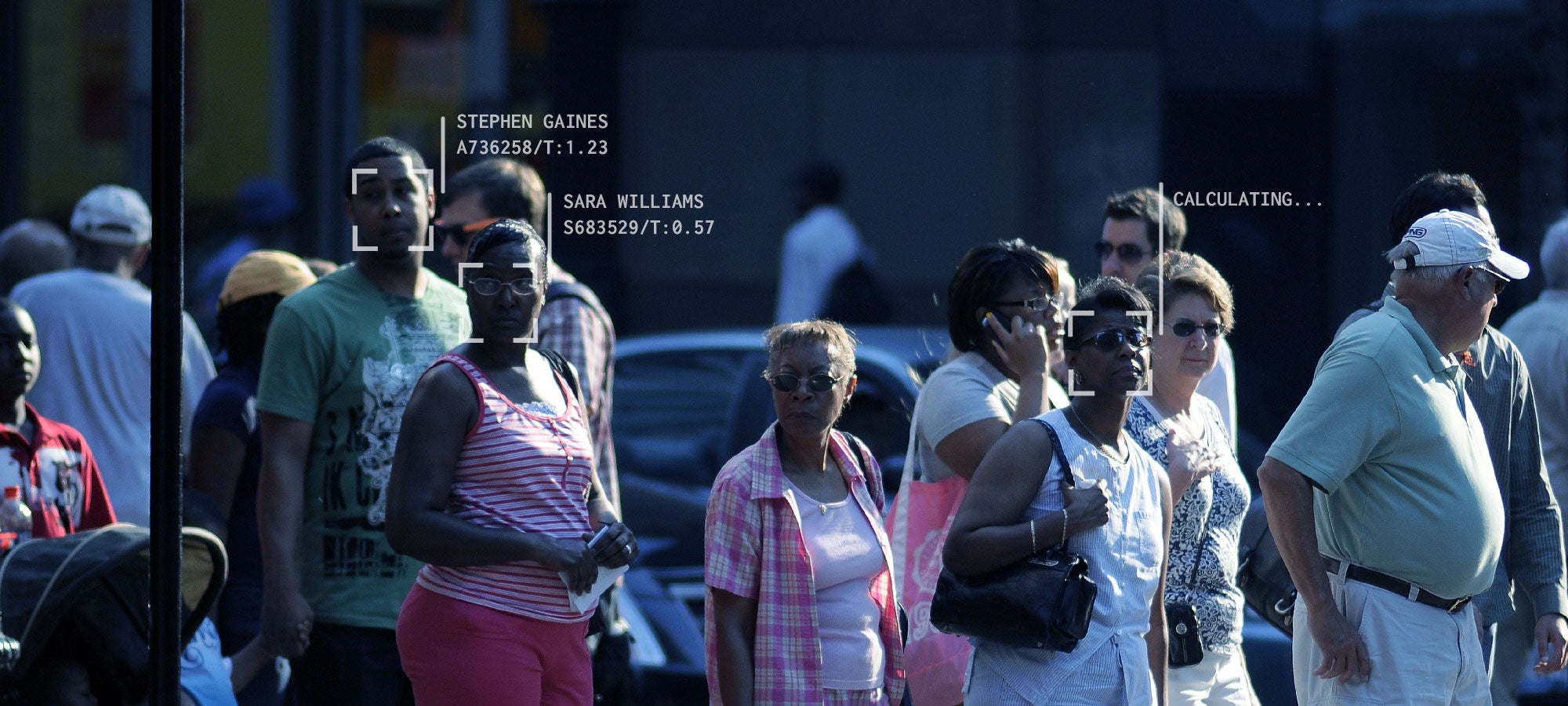This report would not be possible without the foundational research and advocacy of the American Civil Liberties Union, the Electronic Frontier Foundation, and the Electronic Privacy Information Center; the oversight actions of Senator Al Franken of Minnesota and the Government Accountability Office; and the foresight of Professor Laura Donohue of Georgetown University Law Center, who also serves as a faculty director of the Center. We are grateful for the pioneering work of Upturn and the Leadership Conference on Civil and Human Rights, whose scorecard to evaluate the civil rights impact of police-worn body cameras was a model for this report.
Many of the ideas in this report were developed in the course of the 2015 and 2016 Georgetown Law/Massachusetts Institute of Technology privacy practicums. We owe a particular debt to the two student teams, comprised of law students and engineers, that each spent a semester exploring regulatory solutions to the thorny problems that face recognition presents: Alex Moser, Kelly Singleton, Benjamin Tidor, and Madars Virza (2016); and Shirley Chen, Camille Fischer, Leah Rabkin, and Harrison Rudolph (2015). In fact, the title of this report, "The Perpetual Line-Up," was coined by the 2016 team, who paraphrased a passage from a 2013 Washington Post article by Craig Timberg and Ellen Nakashima. Ben Sobel contributed key insights and ideas to a predecessor to this report.
In a talented team of researchers, Katie Evans, Edward George, Moriah Daugherty, Sabrina McCubbin, Harrison Rudolph, and Ilana Ullman went above and beyond and were central to the development and execution of this report. Critical guidance and close reading were provided by Professors Paul Ohm and David Vladeck, both Center faculty directors, and Professor Andrew Ferguson of the University of the District of Columbia David A. Clarke School of Law. The remainder of our expert reviewers will remain anonymous, but we are deeply thankful for their time and attention to this effort.
Rootid, our design and web development firm, was the ideal partner: Smart, fast, and sharp. Often, their work inspired our work and ambitions. Our communications firm, Spitfire Strategies, was first-rate.
The Center on Privacy & Technology at Georgetown Law is supported by the Ford Foundation, the Open Society Foundations, the Georgetown University Law Center, the Media Democracy Fund, and the Google Policy Fellowship.
Most importantly, we are grateful to the men and women in police departments around the country who provided us with detailed records on how their agencies use face recognition and took the time to answer our detailed follow-up questions.

